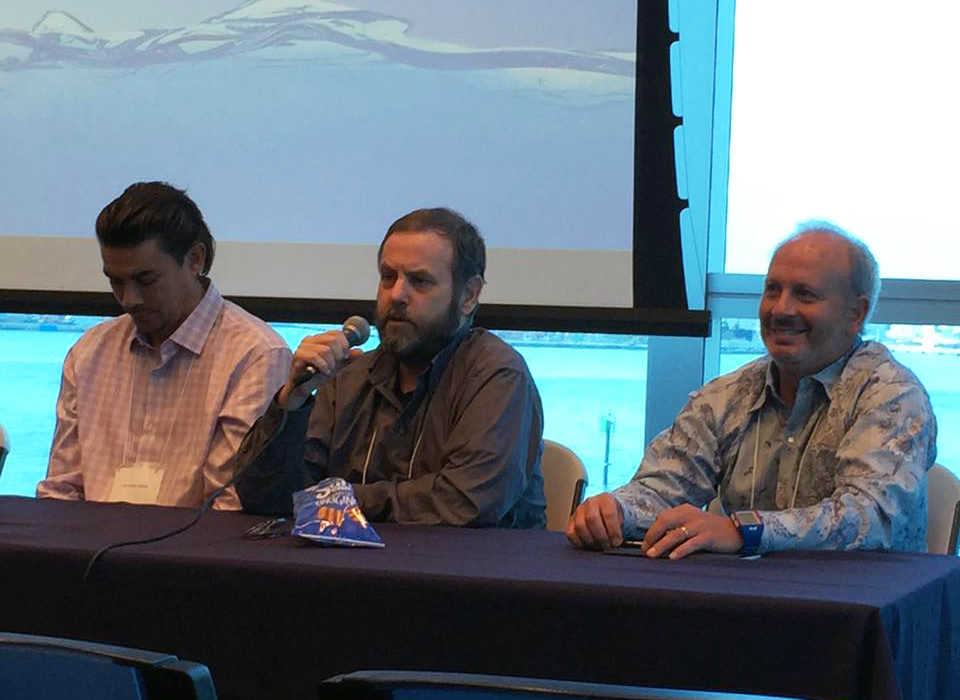Les Kaufman Participates in Two Workshops on Climate Change and Coral Reefs
SOURCE: Boston University/Nov. 22, 2016
Les Kaufman, a Professor of Biology and a Faculty Research Fellow at the Frederick S. Pardee Center for the Study of the Longer-Range Future, participated in two related workshops in the Miami-Fort Lauderdale area of southeastern Florida during the week of November 13.
The first workshop was a one-day forum focused on the health of Biscayne National Park in the face of climate change and environmental degradation in South Florida, organized by the Herbert W. Hoover Foundation and the Pew Marine Fellows Program. The forum focused on the restoration of the Park’s coral reef habitat, its links to Miami and Biscayne Bay, and coastal resilience. The goal was to share a systems view of South Florida’s future, and to show how a remarkable collection of parks and preserves — including Everglades National Park, Big Cypress National Preserve, Dry Tortugas National Park, Florida Keys National Marine Sanctuary, and a host of other state parks and restoration zones — can be engaged to safeguard the remnants of the subtropical ecosystem, along with the economy and quality of life that it supports. The forum’s background paper on coral reef restoration was written by Katey Lesneski of the Kaufman lab.
The second meeting was an historic gathering of coral reef scientists and coral restoration practitioners, led by the the National Oceanic and Atmospheric Administration (NOAA) and hosted at the oceans campus of Nova Southeastern University. The meeting, titled “Workshop to Advance the Science and Practice of Caribbean Coral Restoration,” boasted about 100 attendees from 20 Caribbean nations. Its goal was to “foster collaboration and technology transfer” and to “initiate a community of practice that addresses the evolving role of active coral restoration in the evolutionary history of coral reef ecosystems.” One crucial realization was that coral gardening can, in fact, be brought to a massive scale, but attention to the coral reef community and to the coastal environment as a whole is essential for hopes of life-boating Caribbean coral reefs through the centuries required to keep the impacts of climate change under control.
Photo Description – From left: Dr. Andrew Baker (University of Miami), Les Kaufman (BU Biology/Pardee), and Mike Beck (The Nature Conservancy), members of a Pew Collaborative project for Biscayne National Park. (Credit: Polita Glynn, Executive Director, Pew Marine Fellows Program)

